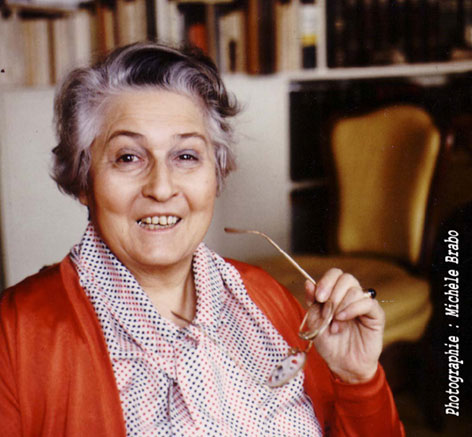6 challenging times with your young child according to Brazelton
Berry Brazelton is Clinical Professor of Pediatrics Emeritus at Harvard Medical School as well as the founder of The Brazelton Touchpoints Center at Boston Children’s Hopsital. He was awarded a Citizen’s Medal by President Obama. He was also named a Living Legend by The Library of Congress.
Brazelton’s work emphasizes that there is no right or wrong way to parent. Every baby, every child is different. If one approach does not work, another can work. ‘Learning to be your child’s parent is about having an experimental, trial-and-error mindset.’
The difficulty moments for parents are when children reach certain touchpoints. According to Brazelton they are predictable developmental points, but parents typically think that there is something wrong with their child. They get anxious, it might be in those moments that abuse becomes more likely. They might think that there is something about their parenting that is not quite right. They might get upset with their child. It is here that the parents will need extra support.
According to Brazelton there are 6 touchpoints:
-Unexplained, end-of-day fussing that starts around 3 weeks. This can be very difficult for parents as it is unexplained, and very hard to sooth.
-At 4 to 5 months, the child can focus the eyes much further from the breast which might make feeding more difficult, possibly leading to conflict between parent and child.
-Between 7 and 9 months the child start to point. The parent can feel bossed around. They can put crawl and put little objects in their mouths.
-At age 9 the child start to read the parent’s nonverbal cues. At this point the child start to test the limits. This can be a shock for parents.
-At age 2 there are the temper tantrums, the ‘terrible twos.’
-Then there is the toilet training which does not have to be a struggle, but often is, and can end up becoming a battle of control.
-At age 3 there is the ‘I want to do it myself’ issue.
All these touchpoints are moments where the parent can start ‘arguing’ with the child, but possibly also with the other parent, which complicates the situation. However, they are moments of growth for the child, and can also be moments of growth in the relationship with the parent.
To set up an appointment you can reach An at (530) 321-2970
